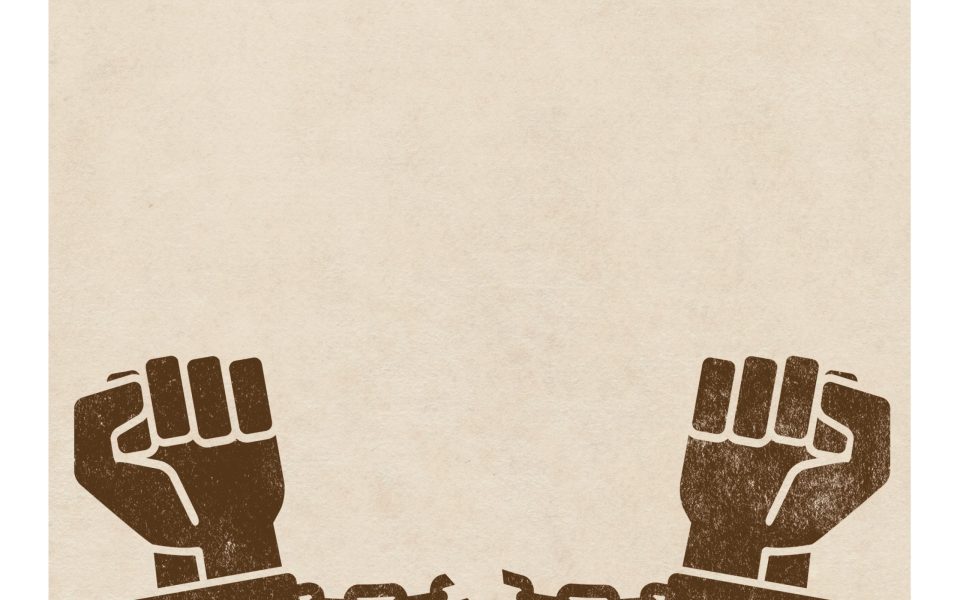The subtext of the Juneteenth story contains black jubilation and white shame.
The day — June 19 — harkens back to 1865, when a Union general rode into Galveston, Texas to read General Order No. 3, which proclaimed that all the slaves were now free.
Our national disgrace comes from the timestamp: The Civil War had ended a couple months before, and the Emancipation Proclamation had been signed more than two years earlier. These slaves had technically been free since Jan. 1, 1863, when Lincoln’s proclamation kicked in, and literally since the Civil War had ended in April, but nobody had told them. And it is safe to say that none of them received back wages for their servitude.
There were, by some estimates, about 250,000 who got the news that day.
It was the original sin of Reconstruction, a precursor to the hollowness of its promise, the Last Great Lie before a begrudging and malformed version of equality.
But Juneteenth is also a party — like the Fourth of July for black people, because the original Independence Day is nothing but a punchline to the descendants of slaves.
“That day of celebration, it’s really important to offer the counternarrative,” says Greensboro organizer April Parker, who has been putting together Juneteenth festivities in the city since 2016. “July 4 is not our Independence Day. I remember spending those hot afternoons standing in front of a statue of Nathanael Greene, people reading Frederick Douglass…. We do believe that black joy is an act of resistance.”
Most of the slaves belatedly freed on June 19, 1865 left the state of Texas almost immediately, bringing their stories, their joy, across the South and beyond. Fittingly, or not, Texas became the first state to recognize Juneteenth as an official holiday, in 1980. Now, 46 states recognize Juneteenth, the exceptions being Hawaii, North Dakota, South Dakota and Montana.
Black folks already know about Juneteenth — it’s been a thing for 150 years, celebrated underground in those early years, on the outskirts of towns, and then later in Emancipation Parks — plots of land bought with black money and defiantly anchored to this purpose.
The holiday is inextricably linked to black heritage, black struggle, black tragedy and triumph, black fellowship and black tradition.
“We’ve got to recognize black women and grandparents who have kept this practice alive,” Parker says. “Folks like Nina Joy who, when it wasn’t in people’s consciousnesses, pulled their money together to make sure the community has something to celebrate.”
[For a list of Juneteenth activities, see the calendar on page 3]
Juneteenth is a black thing, but white people are invited too — with a couple caveats.
Parker says white folks should be mindful of this black space.
“You should love black people as much as you love black culture,” she advises. “And if you haven’t spoken to a black person in a week, you probably shouldn’t go.”
Parker and fellow organizer Casey Thomas from Greensboro Rising issued a statement on this year’s holiday, which takes on added significance amid protests for black lives and a global pandemic that’s disproportionately affecting the black community.
It reads, in part, “Even as Black pain that is often private, moves into our streets and into the news with demonstrations here and across the country, it is important to take a moment and remember and celebrate that we are still here. We recognize the bittersweetness of this moment, in which our city is declaring Juneteenth a holiday, while there is so much pain around the killings of George Floyd and other victims of police violence — some right here in Greensboro — but if Black people had to wait until we were no longer in pain to celebrate, we would never celebrate at all.
“We are not just what happens to us — the violence, the systemic racism. We are not just dead and dying, but we are also thriving, and creating communities of care as we have always been. It is how we have survived. Blackness should never be conflated with the conditions of poverty and oppression inflicted upon us but also what is our people’s culture, brilliance, and magic.
“We know that although we are a long way from chattel slavery, we are far from free,” the statement continued. “May our recognition of Juneteenth not be a hollow token in a time of unrest, but a promise from the city of Greensboro to address the ways in which our own city keeps Black people from being truly free. May we listen to the people who are calling for change, with their voices, with their bodies in the street and commit to using our power as a city council to make us all more free.”
Join the First Amendment Society, a membership that goes directly to funding TCB‘s newsroom.
We believe that reporting can save the world.
The TCB First Amendment Society recognizes the vital role of a free, unfettered press with a bundling of local experiences designed to build community, and unique engagements with our newsroom that will help you understand, and shape, local journalism’s critical role in uplifting the people in our cities.
All revenue goes directly into the newsroom as reporters’ salaries and freelance commissions.



Leave a Reply